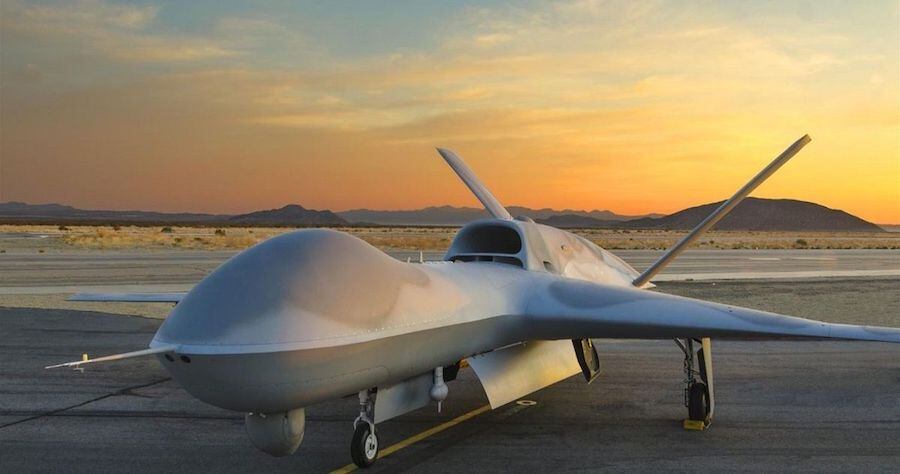WASHINGTON – The Defense Department has formally ordered the creation of a new hub for artificial intelligence research with Dana Deasy, the Pentagon’s new chief information officer, taking the lead.
Deputy Secretary of Defense Patrick Shanahan ordered the move in a June 27 memo. The Pentagon’s goal is to launch a series of AI projects known as National Mission Initiatives within 90 days – as well as taking over the controversial Project Maven.
The office will be known as the Joint Artificial Intelligence Center (JAIC), with the goal of enabling “teams across DoD to swiftly deliver new AI-enabled capabilities and effectively experiment with new operating concepts in support of DoD’s military missions and business functions,” according to DoD spokeswoman Lt. Col. Michelle Baldanza.
Put another way, the group will have the “overarching goal of accelerating the delivery of AI-enabled capabilities, scaling the Department-wide impact of AI, and synchronizing DoD AI activities to expand Joint Force advantages,” according to a copy of the memo posted by Breaking Defense.
RELATED

“This effort is a Department priority. Speed and security are of the essence,” Shanahan wrote. “I expect all offices and personnel to provide all reasonable support necessary to make rapid enterprise-wide AI adoption a reality.”
Deputy Secretary of Defense Patrick M. Shanahan directed the DoD Chief Information Officer to standup the Joint Artificial Intelligence Center (JAIC) in order to enable teams across DoD to swiftly deliver new AI-enabled capabilities and effectively experiment with new operating concepts in support of DoD's military missions and business functions.
The JAIC marks the second major initiative Pentagon leaders handed over to Deasy, a former CIO with JPMorgan Chase who has only been at the Pentagon for a few weeks. Deasy also is in charge of managing the department’s JEDI cloud computing contract.
The idea of standing up an AI center was first confirmed by Secretary of Defense Jim Mattis on April 12, but it has been championed by the Defense Innovation Board, a group of outside experts ho advice the secretary on potential updates to how the Pentagon handles evolving technologies.
According to Michael Griffin, the head of Pentagon research and engineering, the department counts 592 projects as having some form of AI in them. However, Griffin said in April 18 testimony that he did not believe every one of those projects makes sense to roll into some sort of AI hub.
That concern appears to be reflected in Shanahan’s memo, which orders that any AI project with a budget of $15 million or more should be coordinated with the services in order to ensure “DoD is creating Department-wide advantages.”
In terms of budget, Shanahan ordered the Pentagon’s comptroller to find options for funding during the current fiscal year, but the major focus is on driving resources for fiscal year 2019 and beyond. Given the support for artificial intelligence research on the Hill, it is likely the final version of the National Defense Authorization Act for FY19 will include some funding for the new office.
The movement of Project Maven to the JAIC is notable. A DoD initiative to accelerate the integration of big data and machine learning, largely drawing on video feeds from unmanned systems, Maven in the last month has become a poster child for the clash of cultures between the defense department and Silicon Valley.
Google was working hand-in-hand with the Pentagon on the project, until a backlash from the company’s employees, who argued in an open letter signed by more than 3,000 workers that it did not want to “build warfare technology.” Moving the program to the JAIC may be an attempt to keep the project underway without Google’s participation.
RELATED

Aaron Mehta was deputy editor and senior Pentagon correspondent for Defense News, covering policy, strategy and acquisition at the highest levels of the Defense Department and its international partners.








